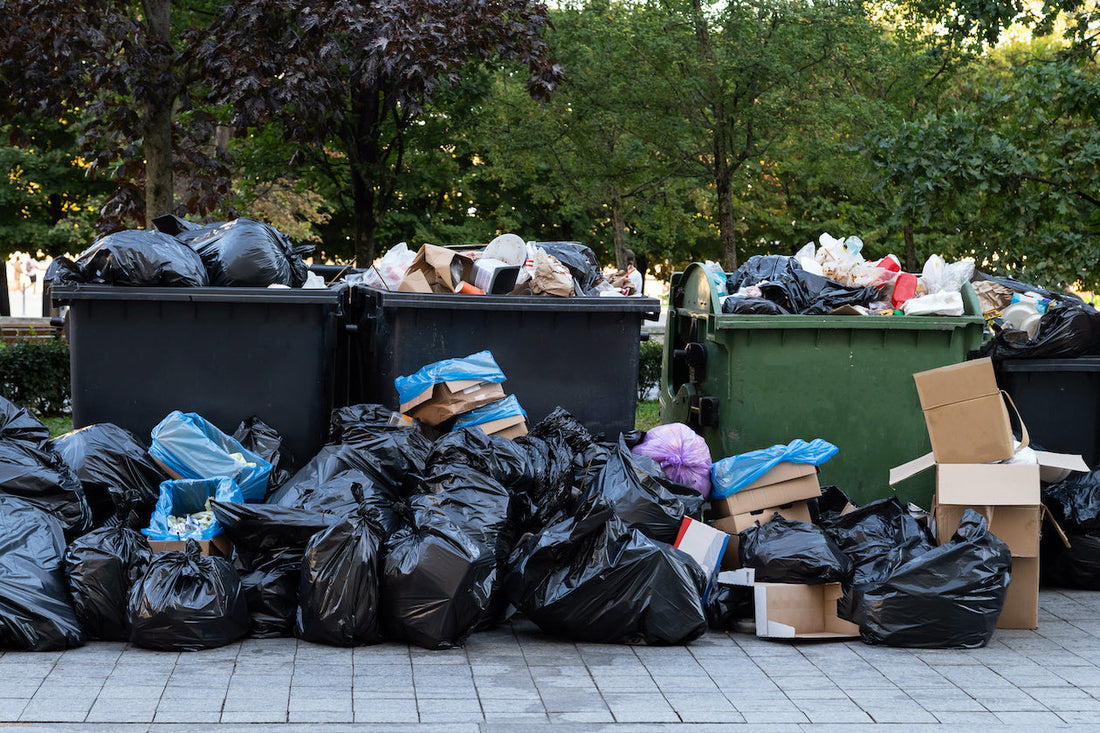
South Korea Waste Management Market to Reach USD 38 Billion by 2030
Share

According to a new research report by Next Move Strategy Consulting, the South Korea Waste Management Market, is expected to grow to USD 38 billion, with a Compound Annual Growth Rate (CAGR) of 7% during the forecast period from 2024 to 2030.
The market is experiencing significant growth, driven by the incorporation of a circular economy model. This sustainable approach shifts away from the traditional linear model of production and consumption, emphasizing the reuse, recycling, and reduction of waste. Businesses in South Korea are increasingly adopting practices that minimize environmental impact throughout the product lifecycle, such as designing products with recyclability in mind, implementing efficient recycling processes, and exploring innovative waste reduction strategies.
By embracing circular economy principles, businesses contribute to environmental conservation while positioning themselves at the forefront of a market that values sustainability. This transition toward a circular economy is driving the demand for advanced and eco-friendly waste management solutions, further fueling the market’s growth.
Another key factor contributing to the expansion of the South Korea waste management market is rapid urbanization and population growth. As urban areas expand and populations rise, waste generation increases significantly. The rapid pace of urbanization not only exacerbates waste management challenges but also presents opportunities for the sector to develop and implement sustainable, technologically advanced solutions. This makes waste management a pivotal force in the transition toward responsible, eco-friendly urban waste practices.
Explore the Benefits with a FREE Sample!
In addition, a growing commitment to Corporate Social Responsibility (CSR) is influencing the waste management sector. Many companies in South Korea recognize the environmental challenges posed by waste generation and are incorporating responsible waste practices into their CSR initiatives. This includes investing in advanced waste reduction technologies, promoting recycling, and aligning with government regulations. By prioritizing sustainability, businesses not only enhance their corporate reputations but also help drive the growth of the waste management market.
Conclusion: The South Korea Waste Management Market is poised for substantial growth, driven by the adoption of circular economy principles, rapid urbanization, and a strong commitment to CSR. As businesses continue to prioritize sustainability and eco-friendly solutions, the demand for advanced waste management technologies is expected to increase. With the growing need for responsible waste practices in both urban and corporate settings, South Korea’s waste management sector presents significant opportunities for innovation and market expansion, positioning it as a leader in environmentally responsible waste management solutions.